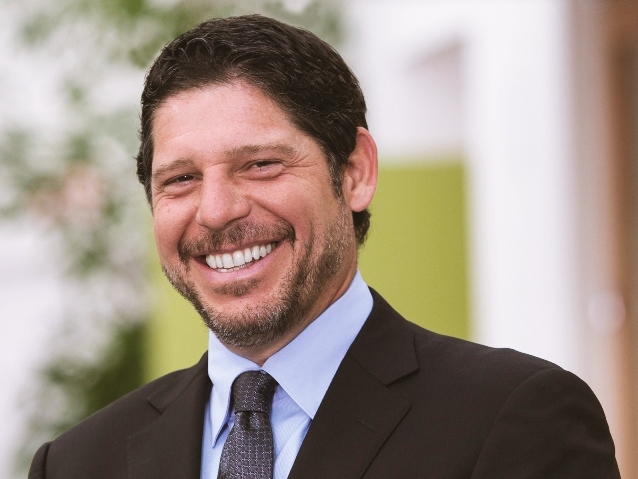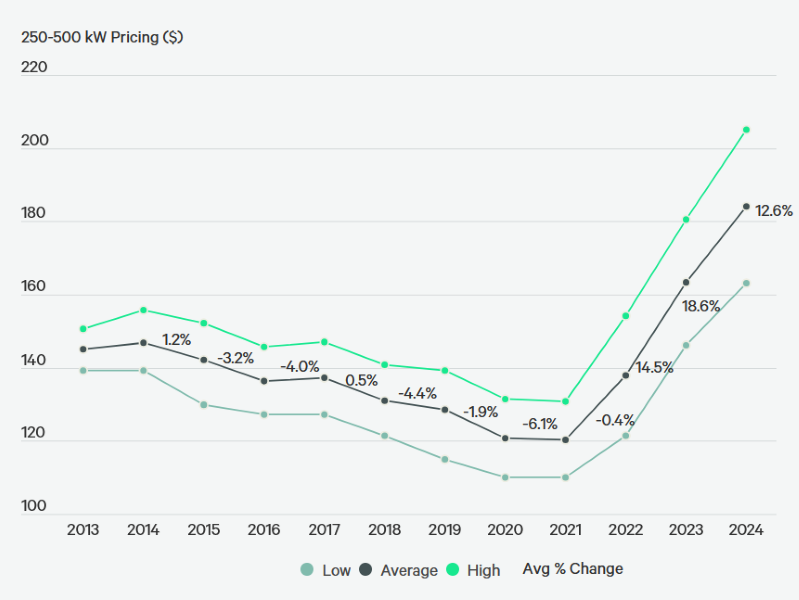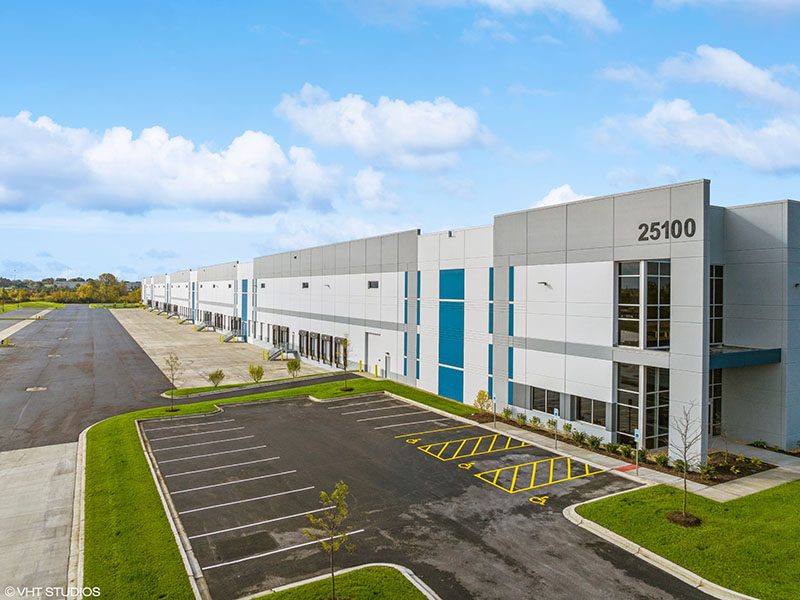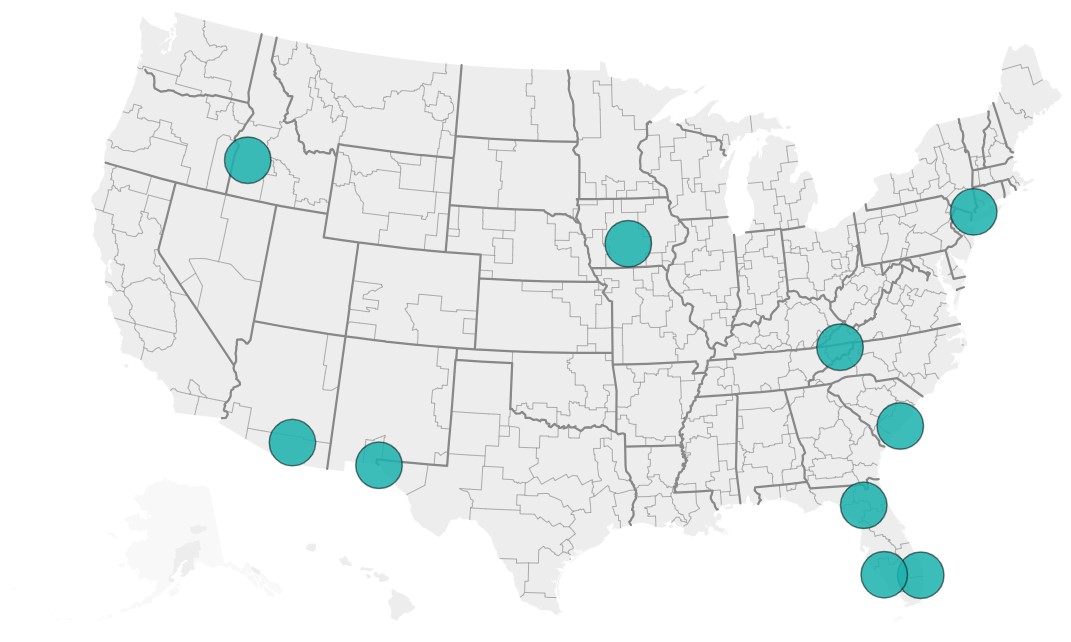The Modernization of Coconut Grove: First Office Projects in 30 Years
Pent-up demand for quality office product has set the scene for new construction in Miami’s oldest neighborhood. With several projects underway, the historical enclave is quickly becoming a bustling hotspot.
By Timea Papp
Coconut Grove welcomed the first settlers in the late 1800s and became an independent city by 1919. The City of Miami annexed the lush and culturally rich enclave in 1925, triggering its continuous growth. Coconut Grove—considered the oldest neighborhood in Miami—has always been a sought-after tourist destination due to its deep-rooted history, trendy shopping and entertainment venues and the overall vibrant feel of the area.
Investors and developers have been showing interest in Coconut Grove in recent years, recognizing its potential and spurring new office construction for the first time in decades. “For the past 30 years, there’s been very little office development,” Michael Comras, president & CEO of the Comras Co., told Commercial Property Executive.
Companies such as Sony Music, ARQ, General Electric, Virgin Hotels and Sapient Razorfish boast a presence here, which led to the development of modern structures that incorporate trending mixed uses and experiential retail features. The pent-up demand for Class A office space “has contributed to a vacancy rate of approximately 1 percent”, Comras said. Local authorities are supporting the favorable business environment with investments in mobility and smart urban solutions.
Following trends
The Optimum, slated to add 40,000 square feet of Class A office space to the neighborhood’s inventory, is among the several projects underway. The Optimum Group broke ground on the development in August 2017 and plans to deliver it sometime this year. Terra Group also started work on Mary Street in 2017. The company is transforming an old parking garage into a mixed-used asset offering 78,000 square feet of office space and an 18,000-square-foot retail component.
Federal Realty Investment Trust partnered with Grass River Property and Comras Co. in the redevelopment of CocoWalk, an open-air shopping plaza. The new 250,000-square-foot mixed-use property will include One CocoWalk—an 85,000-square-foot office building. Comras revealed that 75 percent of the office component has already been preleased.

Chris Weilminster, EVP & president, Federal Realty Investment Trust (Image courtesy of Federal Realty Investment Trust)
“We are on track for delivery in late 2019,” said Chris Weilminster, executive vice president & president of Federal Realty Investment Trust’s mixed-use division. Getting to know the local market, learning about the community and making sure the company’s plans are aligned with the locals’ long-term vision for the neighborhood are some of the aspects Weilminster’s firm considers when targeting a new area for investment. “The demand is there, not only on the side of the consumer but from national brands and local entrepreneurs looking for a foothold into a market that continues to defy national retail trends,” he specified.
The new projects are shaped to cater to consumers’ many needs, including demand for unique experinces. Developers are well-aware that “retail needs to give people a good reason to leave home and get off the Internet,” Comras said. Costumers want quick and easy access to a wide array of amenities and companies know it. “They want boutiques, specialty cafés and lifestyle concepts that are unique to the area. (…) It’s all about striking the right balance,” he concluded.
The mobility factor

Nicole Singletary, executive director, Coconut Grove Business Improvement District (Image courtesy of BID)
In regards to connecting CocoWalk to mass transit, the development is in a fortunate position. “The Grove has long been considered one of Miami’s most pedestrian-friendly neighborhoods and CocoWalk is in the center of it all,” Weilminster continued. Furthermore, the Coconut Grove Business Improvement District (BID)—a board of the City of Miami—is constantly striving toward improving and strengthening the commercial core of the neighborhood. In addition to a centralized valet pilot program created together with the Miami Parking Authority, the BID introduced Freebee, an app-based shuttle service that transports people to and from shops and restaurants, in an eco-friendly way, according to Nicole Singletary, executive director of the BID.
And that is not all. Two trolleys purchased last year connect riders to transit corridors, free of charge, “including the nearby Metrorail and Metromover lines that don’t reach the heart of the Grove”, Singletary said. “We’re also working to bring a ‘smart, sensor-based parking system’ to the Grove, which would enable drivers to find a parking spot on their phones before even arriving at the destination, saving time and making the parking process hassle-free.”
The BID not only spends $600,000 on security, sanitation and beautification efforts annually, it also allocates around $2 million in service of the Coconut Grove community.
Rendering courtesy of Felipe Zapata








You must be logged in to post a comment.